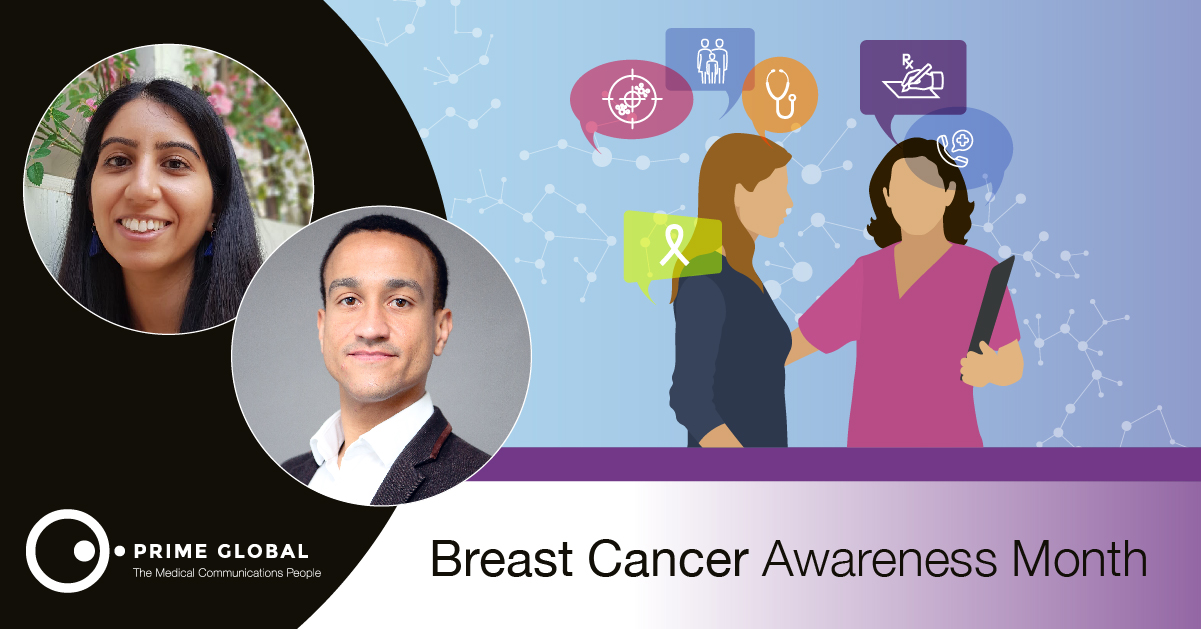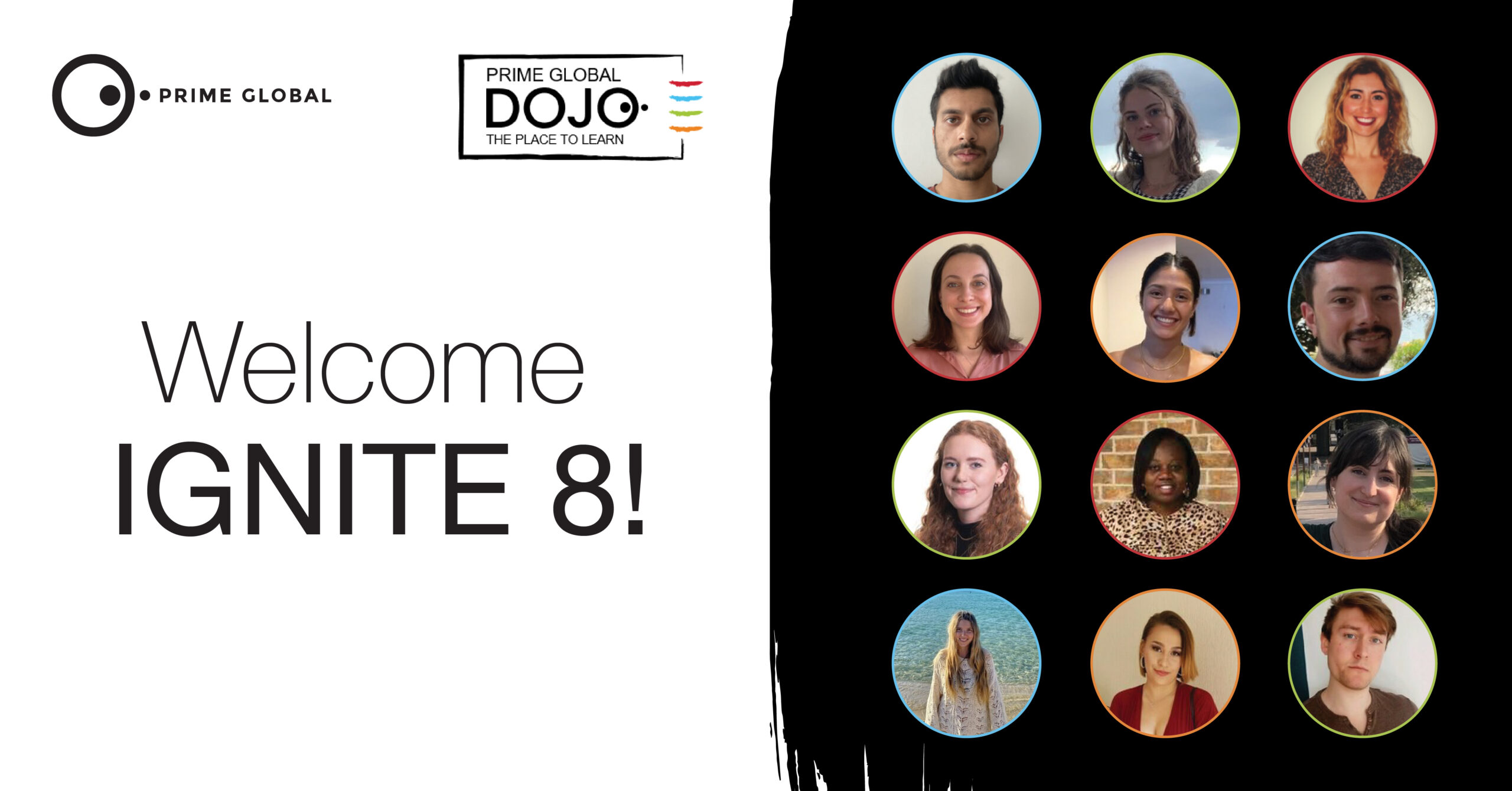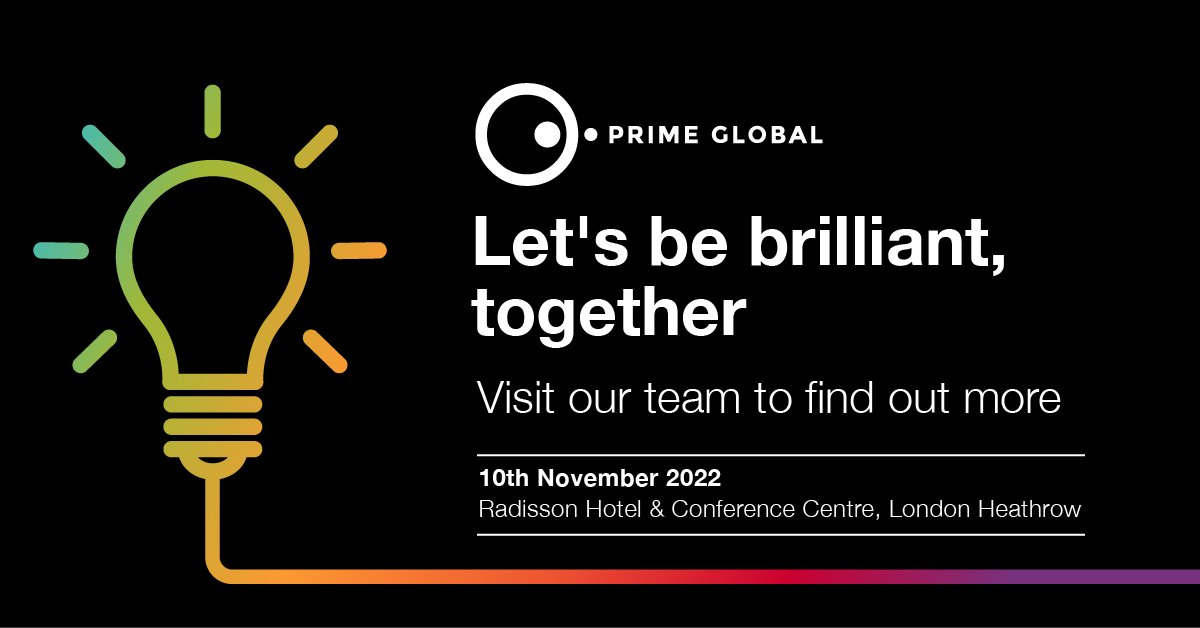To mark Breast Cancer Awareness Month, we picked the brains of two of our experts! Farai Muldoon, Client Services Director, and Kiran Nandra, Scientific Team Lead, draw on their experience to give insight into how medical communications plays a role in breast cancer.
How long have you worked in breast cancer?
Farai: For me, it has been about 6 years. I initially started in clinical trial support by helping create patient and investigator materials. This soon expanded into working on investigator meetings, advisory boards and symposia. Then I worked in strategic publication planning and scientific communications, at the time supporting a new small molecule drug in HER2-negative breast cancer. I am now working on a small molecule drug for HER2-positive breast cancer.
Kiran: I have been working in breast cancer since March 2020, so I am relatively new!
What role does medical communications play in raising awareness of breast cancer?
Kiran: A lot of the work we do is around raising awareness of new treatments and how the treatment landscape is changing. Twenty years ago, there weren’t as many targeted treatments for breast cancer as there are now – in the specific subtype we are working in, HER2-positive breast cancer, there have been some really significant developments in the last couple of years. Medical communications help to explain the new clinical data that is released and the impact it may have on improving people’s lives.
Farai: It is not just through the work we do with our clients and HCPs; our passion for our work helps raise awareness with family and friends as well. We often discuss the amazing advances that are published, which provide new options and hope that things can and will get better.
How do you take the breast cancer patient into consideration in your work?
Kiran: The focus of our work is educating HCPs and raising awareness of advances through client strategy, for example at congresses and symposia. However, we always try to put the data in the context of the patient. One way of doing that is by using real patient cases to discuss treatment advances in the context of that patient’s journey.
Farai: One of the reasons the patient perspective is so critically important is that, now more than ever, people with cancer are doing their own research and we and our clients want to help them better understand their treatments and the disease. Focusing on the patient, even when they are not the primary audience, is hugely important because many will pick up the data and materials that we’re helping to share.
Kiran: With the recent advances in breast cancer, people also live with the disease for longer. By considering the quality of life of a patient and the information that is in the public domain, we help people to understand what it will be like to have a particular treatment and the impact it will have on their lives and family.
Farai: It is also really exciting to have the Prime Global patient engagement team onboard to help drive more synergistic work between our clients and the patient voice – we are hoping to do a lot more of that!
You can read more about our work in patient engagement here
How do you enhance communication with breast cancer patients and HCPs?
Farai: We help to promote the patient voice through plain language summaries, working with patient advisory groups and even supporting initiatives like breast cancer awareness month in partnership with our clients to provide the right information and support for patients. Having worked with patients and patient advisory groups in other disease areas, I have seen the profound impact that having a safe community based on shared experience can have for people first-hand. To be a part of supporting that is incredibly rewarding.
As a medcomms agency, we span early research to late-phase development, through launch and post approval, so we are primarily clinically focused. We are looking more and more at the patient perspective to make sure that pharma get the best value we can offer from both our clinical/medical communications as well as our patient engagement expertise. We definitely have the capability and the desire to offer that for them and to bring the two together more effectively.
What trends have you noticed over your time working in breast cancer?
Kiran: There has been a lot of development in targeted treatments, which change the way that different types of breast cancer are approached. Being tested for mutations means that patients can be treated with a particular targeted agent, which are often more effective than chemotherapy because they are more focused. Advances in that area have really ramped up in recent years!
Farai: We are also seeing healthcare move towards considering quality of life as being just as important as extending life. This means that pharma considers the patient experience within clinical trials by allowing their experience and wellbeing beyond the disease itself to take a leading role. This is also evidenced by the fact that we are still seeing huge investment in research and development into later lines of treatment, where cancers are more difficult to treat and the side effects of treatments can make daily life much more challenging.
Kiran: In the particular subtype of breast cancer that we are working on, the cancer often spreads to the brain which can lead to cognitive and psychological symptoms that negatively impact the patient’s quality of life. The treatment for this is typically radiotherapy, which leads to a number of side effects. Recent advances have therefore been in treatments that are effective in helping to limit the spread within the brain.

How is working in breast cancer important to you?
Farai: Breast cancer is such a prevalent disease, and the statistics are increasing alarmingly as we live longer and detection improves. When I think about my family and friends, and how real the risk of developing breast cancer is, it reminds me why what we do is so important. Being part of the fight to make it a much more manageable disease is something close to my heart – why wouldn’t I want to be a part of it!
Kiran: For me, it is being part of something bigger. In the UK, one in two people are at risk of developing cancer in their lifetime so this is a disease that affects so many people and their families. Being able to contribute to the education around this disease is really important to me and is why I do this job.
Thank you for sharing your expertise, Farai and Kiran. We really enjoyed talking to you!
If you want to find out more about our work in oncology, our team would be happy to chat to you. Please contact info@primeglobalpeople.com.




